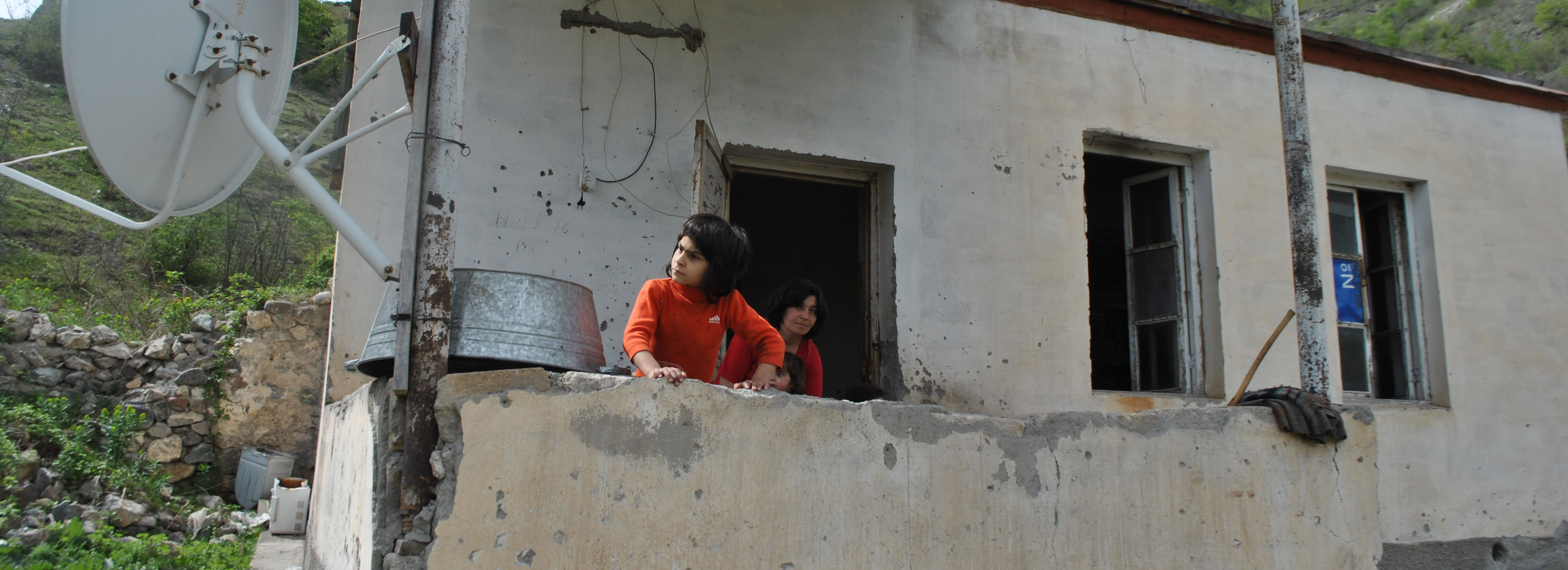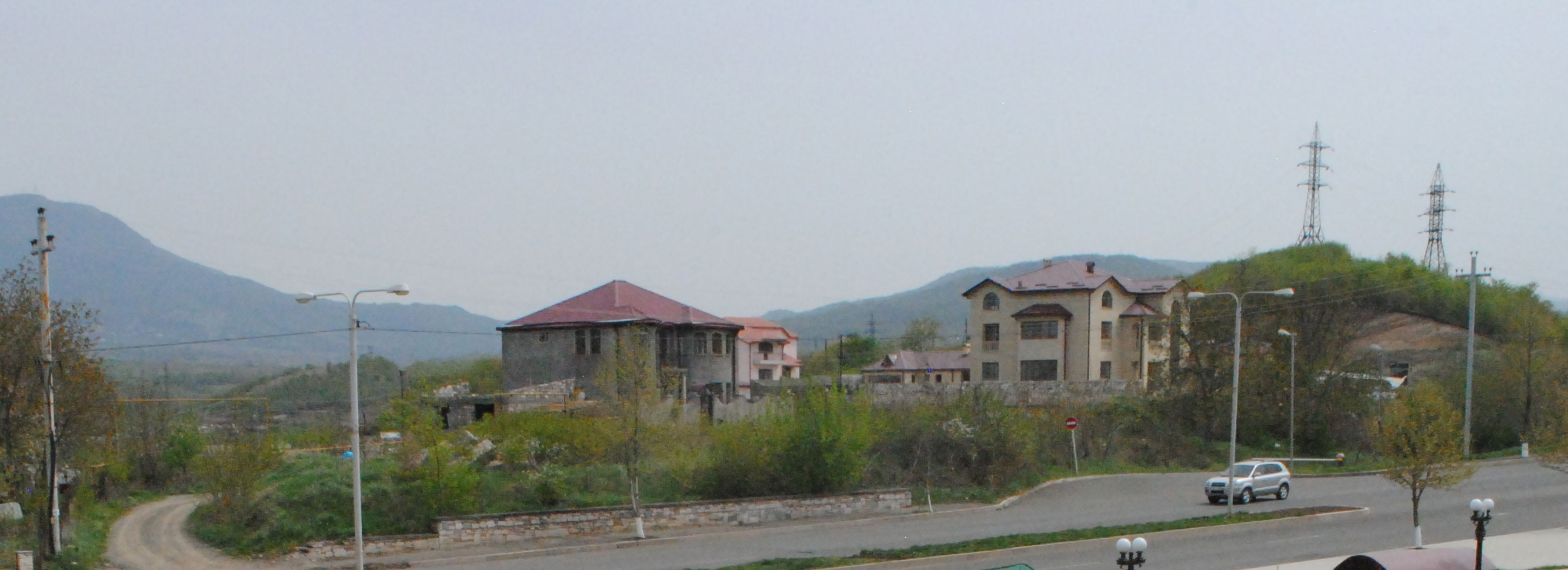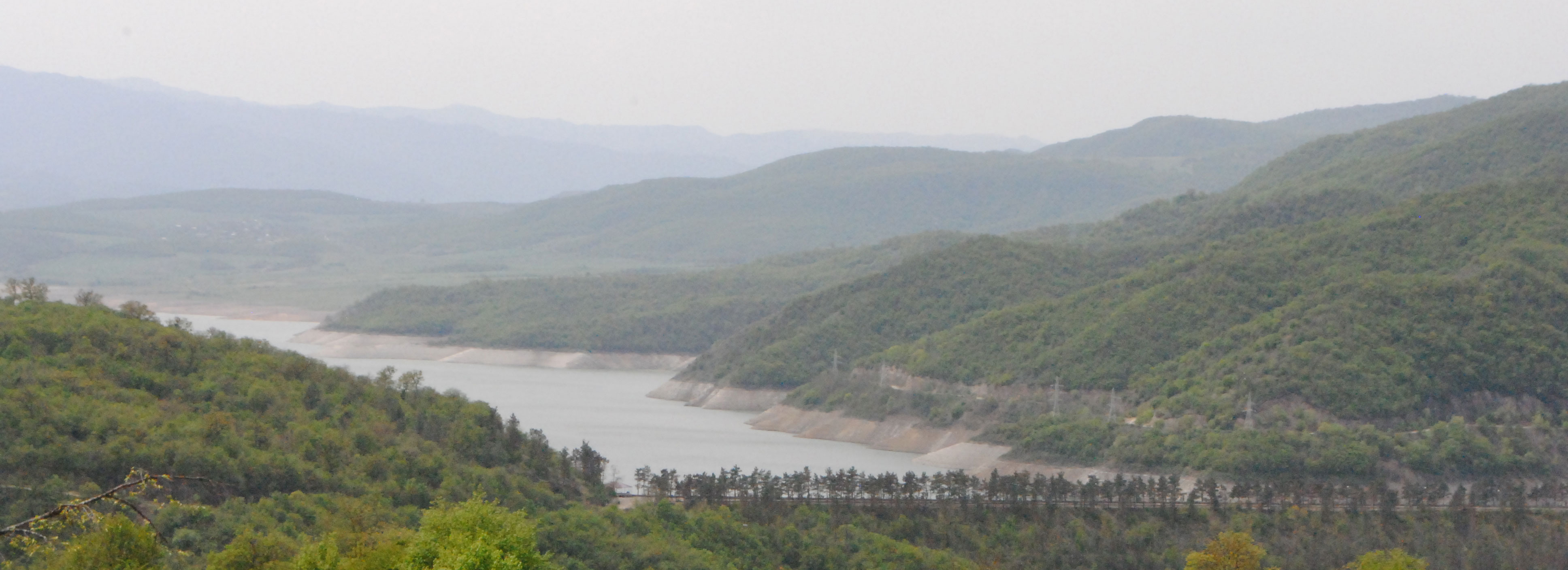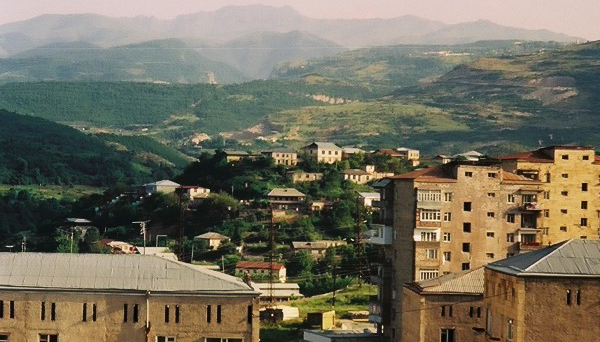17 June 2019
The EU has been sponsoring confidence-building and dialogue since 2010. Its flagship project, EPNK, just ended. What comes next?
Confidence building aims to help reduce tensions and prepare minds for peace. The EU’s flagship programme regarding the Karabakh conflict is the EPNK, the “European Partnership for the Peaceful Settlement of the Conflict over Nagorno-Karabakh”. However, in spite of a considerable investment, that programme has had disappointing results.
EPNK has now ended, and a new programme is being developed: could the new programme be more effective than the last? To answer that question, AGBU brought together individuals experienced in confidence-building from both Nagorno-Karabakh and from Armenia to examine the shortcomings of EPNK and of other similar programmes, and to formulate suggestions for the future.
Experts brainstorm in Yerevan
Workshop participants generally agreed that the performance of the EPNK had been disappointing. That is largely due to the complexity of the situation, including the difficulty to operate in Azerbaijan and the refusal of the international NGOs running the project to set up base in, or even travel to Karabakh in recent years. Participants added that contacts between Armenians and Azeris are almost impossible and that Artsakh civil society is badly in need of the kind of support to civil society that Armenia and Azerbaijan have long benefitted from.
Involvement of NK Civil Society, local ownership and greater promotion of Confidence-Building initiatives
The workshop therefore recommended that any future EU project to build confidence in the region would have to involve people of Nagorno-Karabakh and carry out activities on the territory as well. Furthermore, according to the workshop report, “contacts between the societies of NK, Armenia and Azerbaijan remain an urgent necessity, [and] future projects should find creative solutions to overcome the obstacles to cooperation between Armenians and Azeris and to involve Karabakhtsis in particular.”
At the workshop, the experts also emphasized that the programme should be structured to maximize local ownership. If the programme is run by international conflict management NGOs, they should allow a greater role to and more initiative from organisations based in Armenia, NK and Azerbaijan.
Among other recommendations, the workshop emphasized the need for greater publicity around confidence-building initiatives, which is essential to create impact, provoke a change in attitudes, and encourage imitation of successful initiatives.
Further related links:
- NGO publishes critical assessment of EU peace-building in Nagorno-Karabakh
- Watchdog Reports Serious Flaws in EU-funded Peace Initiative for Nagorno-Karabakh
- Download the 2018 Evaluation of EPNK by NGO Monitor




